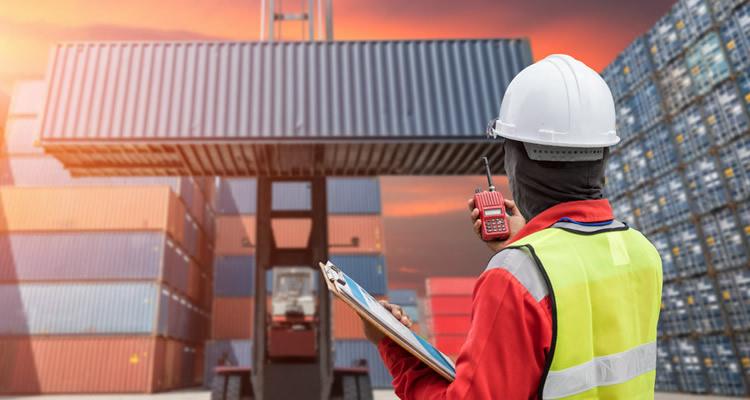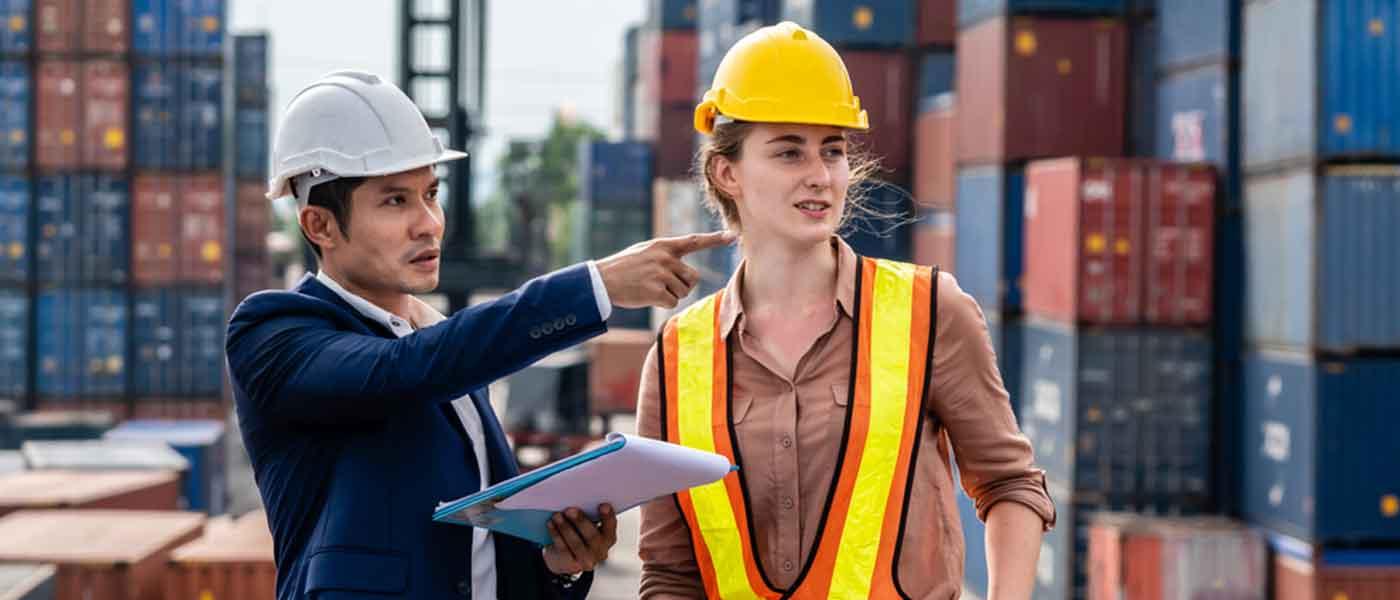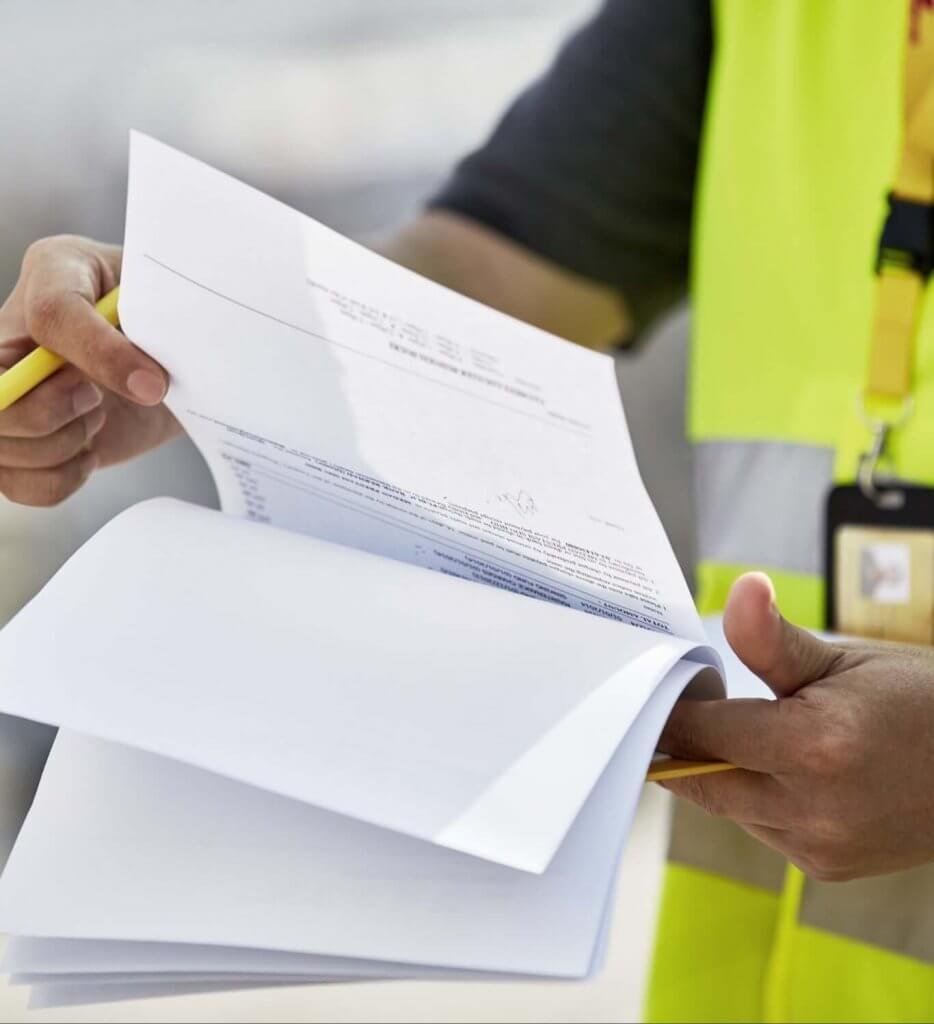In the intricate world of international trade, navigating the maze of customs clearance is a critical step in ensuring goods make their way from point A to point B seamlessly. From the meticulous documentation required to the intricate logistics involved, customs clearance is a vital aspect of the shipping process that cannot be overlooked. In this article, we will delve into the complexities of customs clearance, exploring the ins and outs of this essential component of global transportation and logistics. So buckle up as we embark on a journey through the world of customs clearance and unravel the mysteries of transporting goods across borders.
Understanding the Customs Clearance Process for International Shipping
When it comes to international shipping, understanding the customs clearance process is crucial for a smooth and successful delivery. Customs clearance is the process of inspecting and authorizing goods to enter or leave a country. It involves a series of steps and documentation that must be completed correctly to avoid delays or additional fees.
During customs clearance, your shipment will go through the following steps:
- Document Submission: Provide necessary paperwork such as commercial invoices, packing lists, and certificates of origin.
- Customs Inspection: Customs officials will inspect the goods to ensure they comply with regulations.
- Duty Assessment: Customs will determine the duties and taxes to be paid on the shipment.

Efficient Logistics Strategies to Streamline Customs Clearances
When it comes to efficient logistics strategies for customs clearances, there are several key factors to consider in order to streamline the process and minimize delays. One important strategy is to ensure all necessary documentation is in order before shipping goods, including invoices, packing lists, and any required permits or certificates. This can help expedite the customs clearance process and avoid any unnecessary hold-ups.
Another essential aspect of efficient customs clearance logistics is to work closely with customs brokers or agents who have a good understanding of local regulations and procedures. By enlisting the help of experienced professionals, you can navigate through the complexities of customs clearance more smoothly and efficiently. Additionally, utilizing technology such as electronic documentation and customs clearance software can also help streamline the process and reduce the risk of errors or delays.

Best Practices for Smooth Transport and Shipping Operations
When it comes to customs clearance, logistics play a crucial role in ensuring smooth transport and shipping operations. One of the best practices is to stay updated on the latest regulations and requirements to avoid any delays or issues. It is essential to work closely with customs brokers to ensure all necessary documentation is in order and submitted on time. By having a streamlined process in place, companies can minimize the risk of disruptions and keep their supply chain running smoothly.
Another best practice is to leverage technology to improve efficiency and accuracy in customs clearance. Utilizing electronic data interchange (EDI) systems can help automate communication and data exchange with customs authorities, reducing the risk of errors and speeding up the clearance process. Implementing track and trace solutions can also provide real-time visibility into shipments, allowing for proactive management of any potential issues that may arise. By embracing technology and staying proactive, companies can optimize their customs clearance processes and enhance overall transport and shipping operations.

Optimizing Customs Clearance Procedures for Cost-Effective Solutions
When it comes to , efficiency is key. By streamlining the process and minimizing delays, businesses can save both time and money. One way to achieve this is by utilizing technology to automate paperwork and tracking, reducing the risk of errors and speeding up the overall process.
Another important factor in cost-effective customs clearance is proper classification of goods. Ensuring that products are accurately categorized can help avoid delays and costly penalties. Additionally, working with experienced customs brokers who have a strong understanding of regulations and requirements can help navigate potential challenges and expedite the clearance process.
Wrapping Up
As we wrap up our exploration of customs clearance in the world of logistics, transport, and shipping, we hope that you have gained valuable insights into the intricate processes involved in getting goods from one place to another. From navigating complex regulations to dealing with unexpected delays, the world of customs clearance is truly a fascinating and crucial aspect of the supply chain industry. So, next time you see a shipment arriving at its destination, take a moment to appreciate the tireless efforts of those working behind the scenes to make it possible. Thank you for joining us on this journey through the world of customs clearance logistics, and we look forward to sharing more insights with you in the future. Stay tuned!
